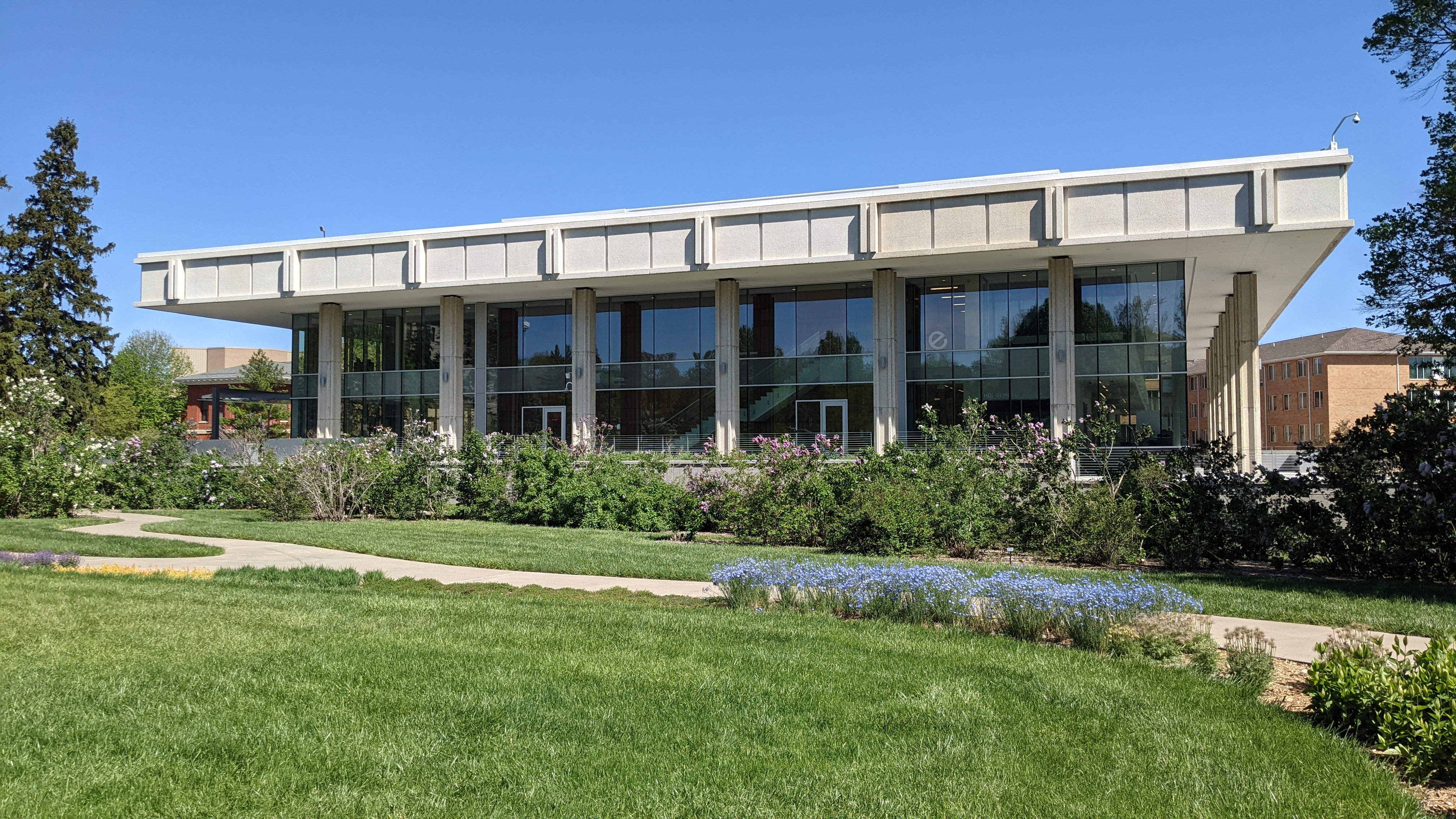
The Center for Digital Research in the Humanities (CDRH) has selected four Nebraska graduate students from a pool of competitive applicants to join its 2022 Digital Humanities Summer Fellowship program. The program runs from May 23 to August 12 and will accelerate their research, scholarship, professional development, and creative production.
According to Carrie Heitman, director of the Digital Humanities Summer Fellowship, the fellows will have access to hardware, software, shared workspace, and the expertise of faculty and staff in the CDRH.
“During the fellowship, the students will receive guidance in launching their research project or, for some of our fellows, the opportunity to leverage new methods and new technologies to advance an ongoing project,” explained Heitman.
The Digital Humanities Summer Fellows are:
Patrick Hoehne, a Doctoral student in History will create a project that uses machine learning to facilitate interactive inquiry into the biases and positions of antebellum and Civil War-era partisan newspapers. Hoehne received a B.A. and M.A. in History from Colorado State University.
Ethan Jensen, a Doctoral student in Geography will create a digital immersive simulation of the downtown of the village of Hallam, NE as it existed prior to its destruction by a tornado in 2004. Jensen received an M.S. in Biological Sciences and a B.S. in Fisheries and Wildlife Management from University of Nebraska–Lincoln.
Olufunke Ogundimu, a Doctoral student in English will build riot | émeute | randalieren - a centralized digital hub that will archive protests and agitations for the return of African arts looted from francophone, anglophone, arabophone, and lusophone African countries. Ogundimu received her MFA in Creative Writing from the University of Nevada, Las Vegas and her MMP in Managerial Psychology, and BSC(Ed) Chemistry, both from the University of Lagos.
Kevin Pflager, a Masters student in Geography will work on a county level examination of the early days of farm consolidation in Lancaster county with the ultimate goal of the project being to show the first couple of snowflakes that became the avalanche of farm consolidation that is destroying farming communities and rural America today. Pflager received a B.A. in Economics with a minor in Geography from the University of Nebraska–Lincoln.
The students are expected to be in residence in Lincoln for 20 hours a week during the first six weeks of the summer (May 23-July 1) and will support each other through conversation, critical engagement, and knowledge exchange in a collaborative environment in the Dinsdale Family Learning Commons. The students will also receive a stipend of $4,200 to support focus on their project during the fellowship period.